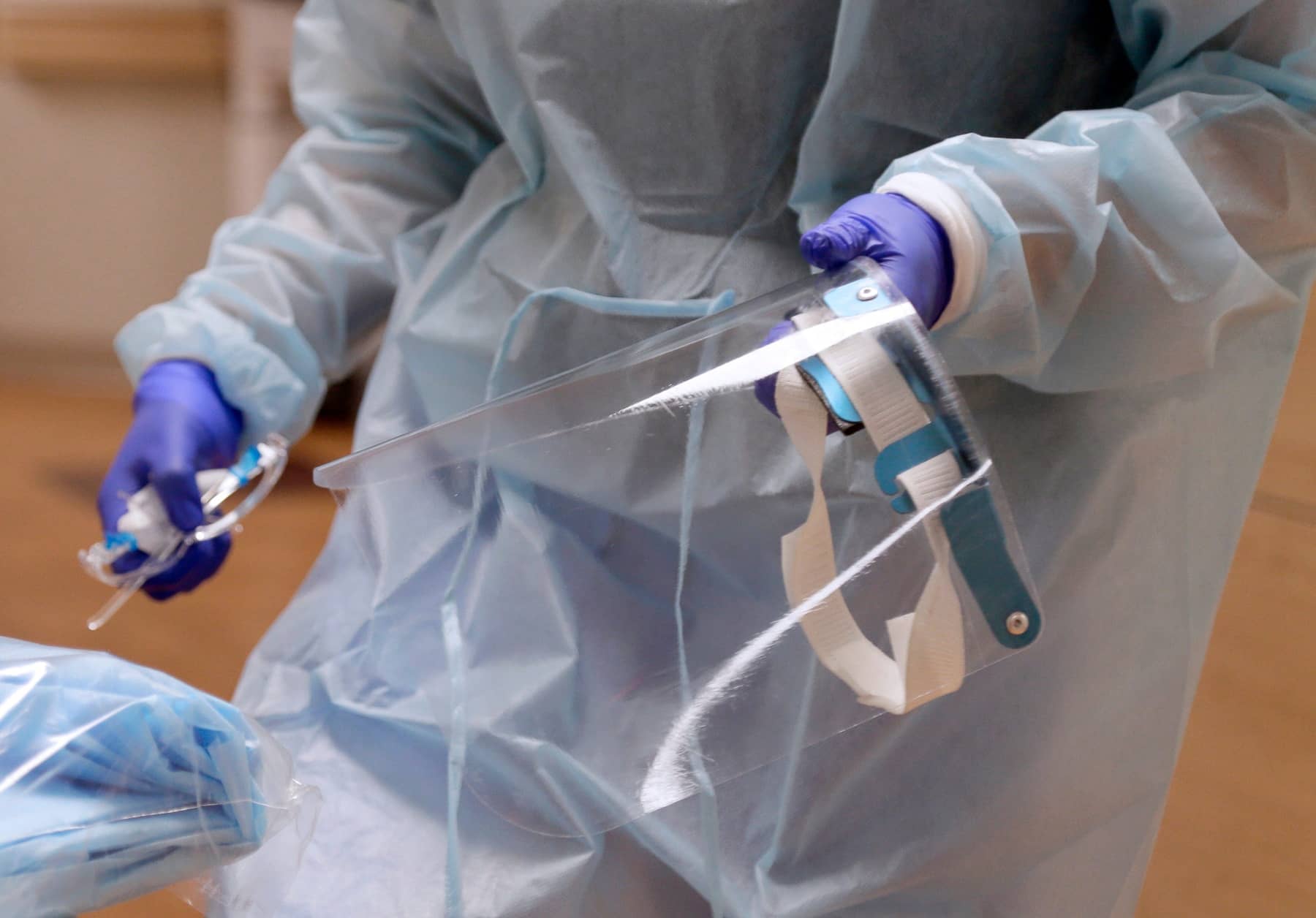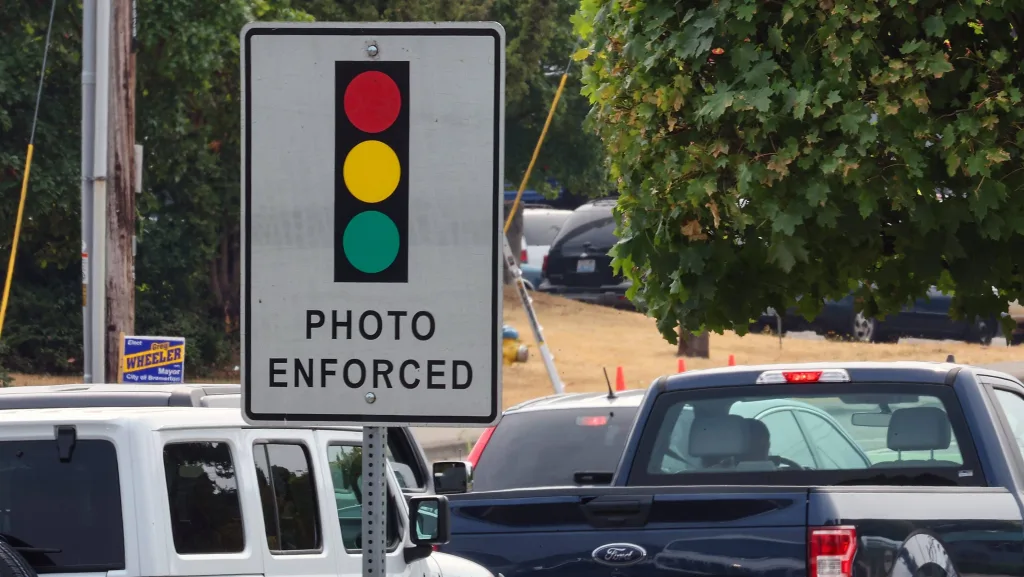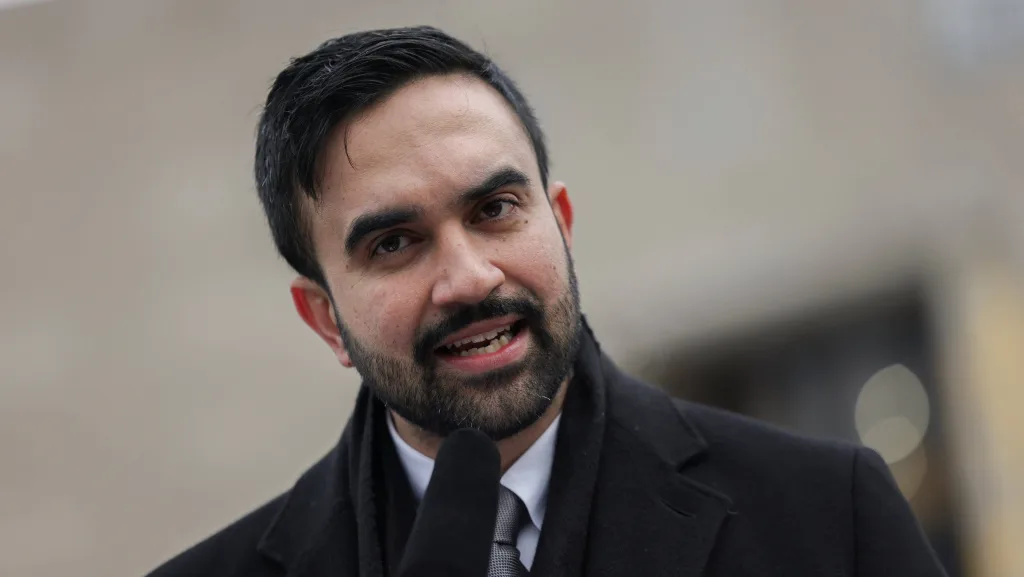
© Barbara J. Perenic/The Columbus Dispatch via Imagn Content Services, LLC
Syndication: The Columbus Dispatch
BOSTON (AP) — Staff absences for COVID-19 tripled this month in London’s hospitals, and nearly 10% of the city’s firefighters called out sick.
In New York, about 2,700 police officers were absent earlier this week — twice the number who are ill on an average day. And on Cape Cod in Massachusetts, grocery worker Judy Snarsky says she’s stretched to her limit, working 50 hours a week and doing extra tasks because her supermarket has around 100 workers when it should have closer to 150.
“We don’t have enough hands. Everybody is working as much as they physically and mentally can,” the 59-year-old in Mashpee said. “Some of us have been going like a freight train.”
The worldwide surge in coronavirus cases driven by the new omicron variant is the latest blow to hospitals, police departments, supermarkets and other critical operations struggling to maintain a full contingent of front-line workers as the pandemic enters its third year.
Governments have taken steps to stem the bleeding across a range of jobs considered essential for society, from truckers and janitors to child care providers and train conductors. But nurses and other workers worry that continued staffing woes will put the public at greater risk and increase burnout and fatigue among their ranks.
Seattle police officer Mike Solan, who leads his city’s police union, said his department is down about 300 officers from its usual force of 1,350.
“It’s difficult for our community because they’re waiting for that call for help,” he said. “And then we’re at risk because we don’t have the proper safe numbers to have a safe working environment when we answer that call for help.”
Michelle Gonzalez, a nurse at New York’s Montefiore Medical Center in the Bronx, said she and her intensive care unit colleagues never truly had a break from COVID-19, and the arrival of omicron has only reawakened her post-traumatic stress.
“Prior to work, I get really bad anxiety,” she said. “If I’ve been off for two days, I will come back in a panic because I don’t know what I’m walking into.”
Countries including Spain and the U.K. have reduced the length of COVID-19 quarantines to ease staffing shortages by letting people return to work sooner after testing positive or being exposed to the virus.
Meanwhile in the U.S., states such as Massachusetts have called in hundreds of National Guard members to help fill the gaps in hospitals and nursing homes, where they serve meals, transport patients and do other nonclinical work.
—Copyright 2021 Associated Press. All rights reserved. This material may not be published, broadcast, rewritten, or redistributed.














